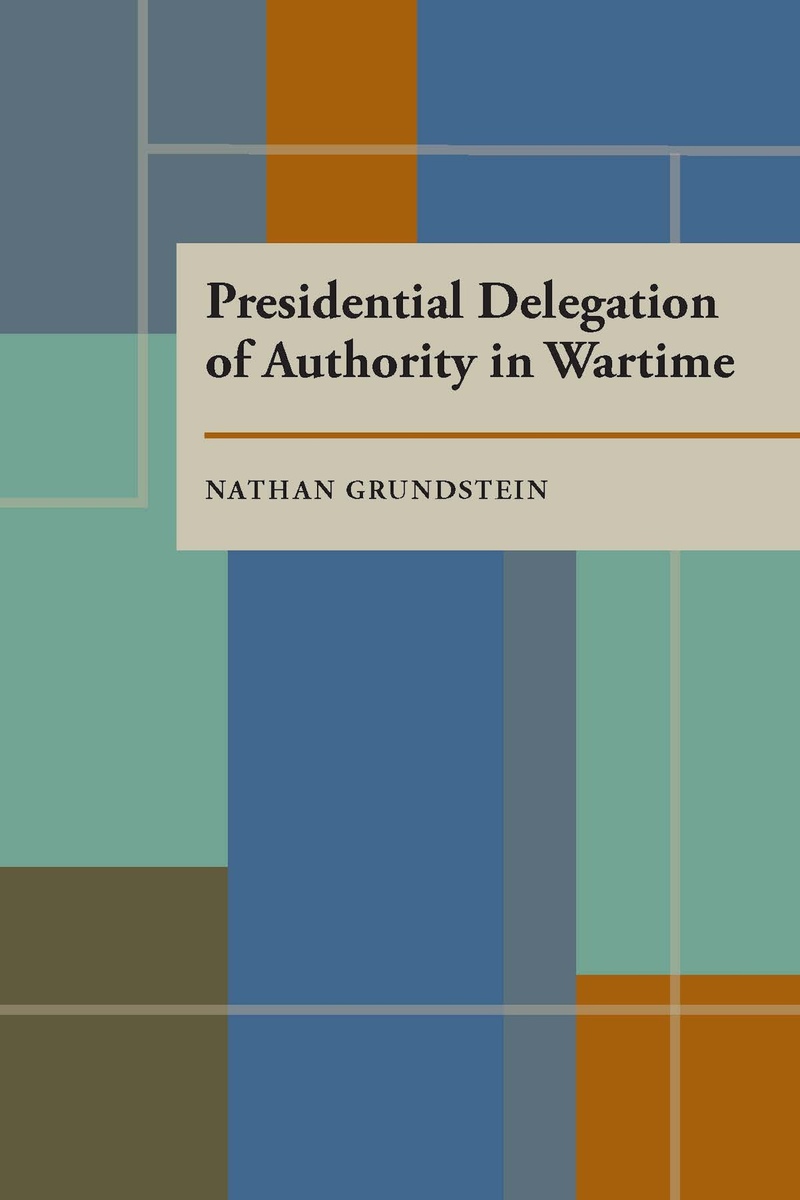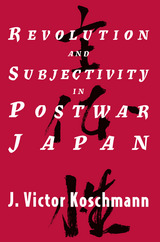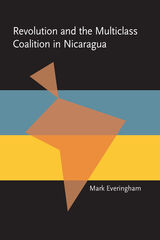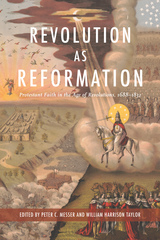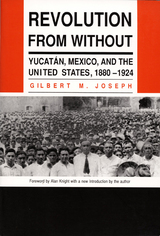eISBN: 978-0-8229-7516-8 | Paper: 978-0-8229-6047-8
Administration in time of war has come to revolve around the President, and much of the administrative authority of the President is then delegated to extralegal agents. Grundstein's analysis of the experiences of World War I show that such delegation is inevitable: From the beginning of the war Congress delegated many powers to the Chief Executive, who, of necessity, named others to act for him in the prosecution of the war. Furthermore, Congress granted these administrative powers without formally establishing new administrative agencies with attendant Congressional oversight. Though constitutionally the President's powers are exclusively executive as distinguished from administrative, beginning with WWI, and increasing during WWII, the President has become in effect the administrator-in-chief.
Nathan Grundstein traces the evolution of a new body of administrative law delineating the unique patterns of wartime organization and administration that emerged during the twentieth century.
See other books on: 20th Century | American Government | Authority | Executive Branch | Wartime
See other titles from University of Pittsburgh Press
